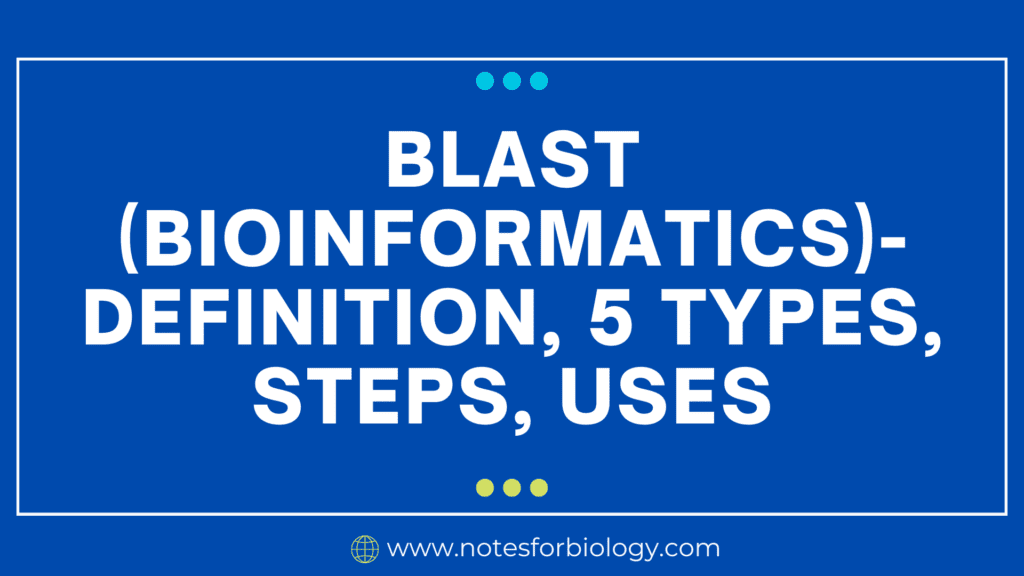Brain Lipid Extraction Protocol
Brain Lipid Extraction Protocol it means of a sequential process that separates lipids from other components of the cell. The Folch technique, which uses a chloroform-methanol solvent system, is one of the most used ones. The Folch method is a commonly used approach for separating lipids from brain tissue, and it is utilized in the […]










